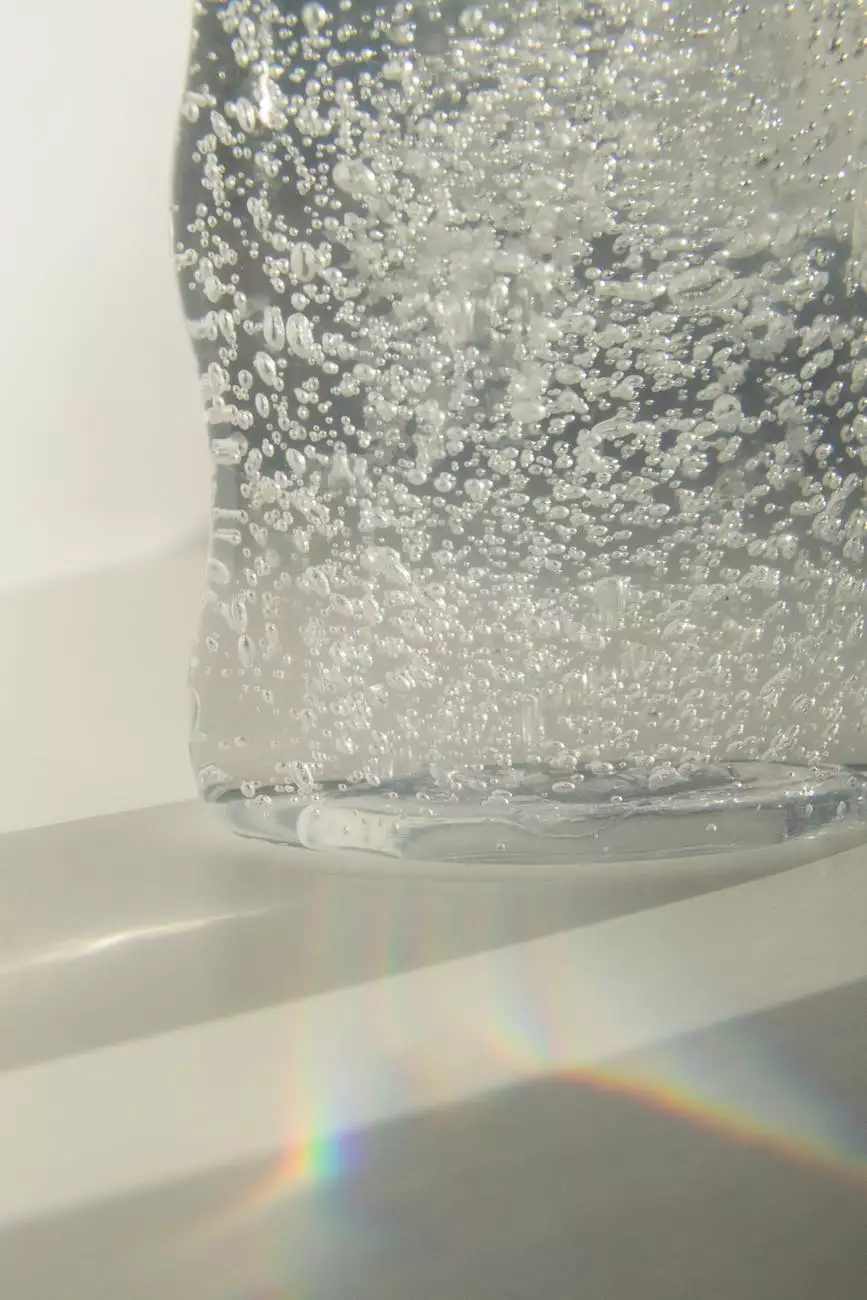Cons and Pros Of A Reverse Osmosis Water
Water Problems
Welcome to Parrish Well Drilling, your trusted partner in providing high-quality water solutions and services. In this article, we will explore the pros and cons of reverse osmosis water, shedding light on its benefits and drawbacks. We believe that by providing comprehensive information, we can help you make informed decisions regarding your water needs.
Understanding Reverse Osmosis Water
Before delving into the pros and cons, it's essential to understand what reverse osmosis water is. Reverse osmosis is a water purification method that uses a semipermeable membrane to remove impurities and contaminants from water. It works by applying pressure to the water and forcing it through the membrane, leaving behind particles, chemicals, and minerals.
The Pros of Reverse Osmosis Water
1. Improved Water Quality
One significant advantage of reverse osmosis water is its ability to produce high-quality drinking water. The process effectively removes a wide range of contaminants, including bacteria, viruses, heavy metals, chlorine, and pesticides. By ensuring cleaner and healthier water, reverse osmosis systems provide peace of mind for you and your family.
2. Enhanced Taste and Odor
Reverse osmosis water has a distinct advantage in terms of taste and odor. By eliminating impurities, it can significantly improve the taste of tap water, making it more pleasant to drink. Additionally, the removal of chlorine and other chemicals often results in the elimination of unpleasant odors associated with tap water.
3. Versatile Applications
Reverse osmosis water can be used for various purposes beyond drinking. It is highly suitable for cooking, brewing coffee or tea, and preparing baby formula. Due to its purity, it can enhance the flavors of food and beverages and ensure the best results in culinary activities.
4. Long-Term Cost Savings
While the initial investment in a reverse osmosis system may seem higher than other filtration methods, the long-term cost savings can outweigh this. By eliminating the need for bottled water or expensive filtration cartridges, reverse osmosis systems can provide substantial savings over time, both economically and environmentally.
5. Environmental Benefits
Reverse osmosis systems contribute to environmental conservation by reducing the consumption of bottled water. With fewer plastic bottles being used and discarded, the impact on landfills and the environment decreases. As a responsible consumer, you can play an active role in reducing plastic waste while enjoying clean and fresh drinking water at the same time.
The Cons of Reverse Osmosis Water
1. Mineral Removal
One limitation of reverse osmosis water is that it removes not only harmful contaminants but also beneficial minerals. Since the purification process eliminates minerals such as calcium and magnesium, it may result in water that is relatively low in essential nutrients. However, it's important to note that a balanced diet can provide these minerals, and the overall impact on your health is minimal.
2. Wastewater Generation
Reverse osmosis systems produce wastewater as a byproduct. For every gallon of purified water, several gallons may be wasted. While some systems come with features to reduce wastewater, it is still a factor to consider. However, advancements in technology have led to more efficient systems that minimize water wastage, making them a viable option for environmentally conscious individuals.
3. Energy Consumption
Reverse osmosis water purification requires energy to operate. The pressure applied to the water during the filtration process can increase electricity consumption. However, modern systems are designed to optimize energy usage, reducing their environmental footprint.
4. Installation and Maintenance
The installation and maintenance of reverse osmosis systems may require professional assistance. It involves connecting the system to the water supply, ensuring proper flow rates, and replacing filters periodically. While this may incur some additional costs, professional installation and regular maintenance are necessary to maintain the system's effectiveness and longevity.
Conclusion
In conclusion, reverse osmosis water has its pros and cons. It offers improved water quality, enhanced taste and odor, versatile applications, long-term cost savings, and environmental benefits. On the other hand, it removes beneficial minerals, generates wastewater, consumes energy, and may require professional installation and maintenance.
At Parrish Well Drilling, we understand the importance of making informed decisions when it comes to your water needs. Our team of experts is dedicated to providing you with comprehensive information and reliable services. Whether you choose reverse osmosis or other water treatment options, we are here to support you every step of the way.
Contact Parrish Well Drilling today to learn more about our water solutions and find the perfect system that fits your needs. Together, we can ensure clean, pure, and healthy drinking water for you and your loved ones.










